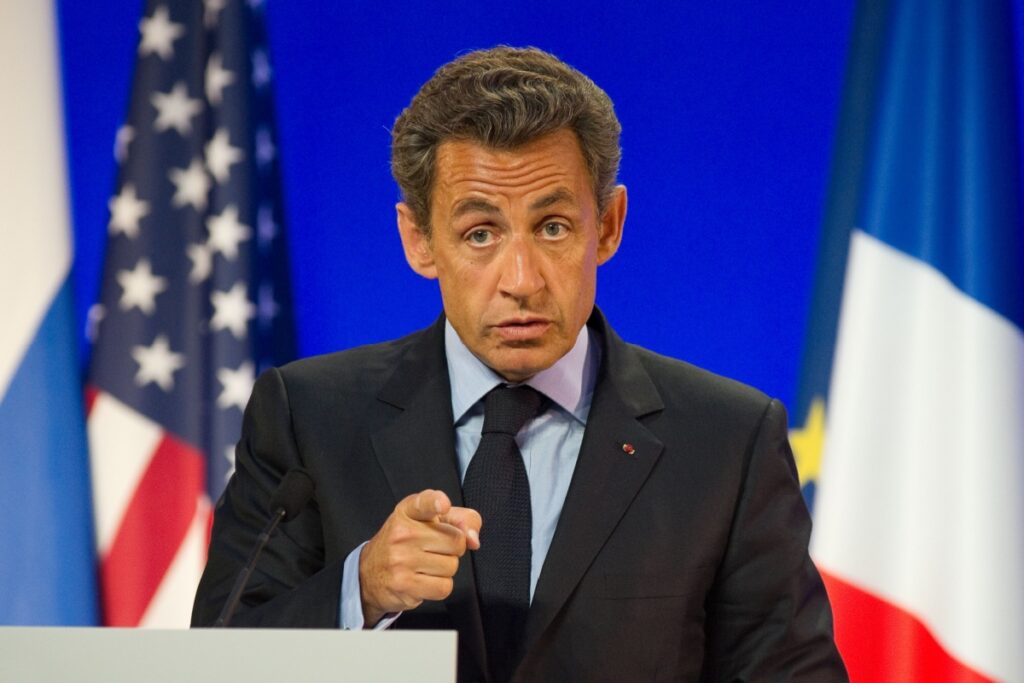Former French president Nicolas Sarkozy has been sentenced to five years in prison, of which three are to be served, for his role in an illicit financing scheme tied to his 2007 presidential campaign. The court found sufficient evidence that as much as 100 million euros flowed from the regime of Muammar Gaddafi to support Sarkozy’s candidacy. Judges determined that multiple intermediaries and complex financial channels were used to funnel the money into France.
This ruling comes in addition to a prior conviction: in 2021 Sarkozy was found guilty of corruption and influence peddling in a separate case, underscoring a legal record marked by controversy. The new verdict reflects the French judiciary’s determination to hold political leaders accountable for alleged dealings with authoritarian regimes.
Trial Proceedings and Evidence
The prosecution built its case on banking records, testimony, and intercepted communications linking Sarkozy’s associates to Libyan financial networks. Prosecutors argued that Sarkozy relied on close aides to disguise Libyan contributions as legitimate donations or to route them through third parties. Sarkozy’s defense team denied the allegations, calling the evidence unreliable and politically motivated. Nonetheless, the court concluded there was a clear pattern of illicit activity warranting conviction.
Key evidence included the role of financial intermediaries and consultants who allegedly acted as conduits between Gaddafi’s regime and Sarkozy’s circle.Investigators cited offshore accounts and shell structures designed to obscure the money trail. The ruling further suggested that while a portion of the funds likely went directly to the campaign, other sums may have been diverted for personal or political uses.
Political and Judicial Repercussions
The conviction has significant political ramifications in France. Sarkozy had sought a return to prominence in French politics, but this outcome once again places him at the center of debates over integrity in public office. Observers note that although he may not serve the full three-year term, the verdict brings legal restrictions, potential disqualification from office, and lengthy appeals.
On the international stage, the ruling sets an important precedent by punishing the intersection of authoritarian financing and democratic elections. Analysts say the case highlights the dangers of opaque foreign contributions in Western democracies. It also demonstrates that senior political figures remain subject to judicial oversight, reinforcing accountability in established democratic systems.
Next Steps and Broader Implications
Under French law, Sarkozy has the right to appeal, a move that could stretch the legal process for years. Authorities may also pursue related investigations into other actors, financial networks, and offshore structures connected to the case.
Beyond Sarkozy’s personal situation, the trial could drive new reforms on campaign financing transparency, stricter banking oversight, and tougher rules on foreign donations. Civil society groups and French media have called for stronger safeguards to prevent similar breaches in the future.
As Sarkozy faces the latest chapter in his ongoing legal battles, France and the wider international community are watching closely, seeing the case as a test of how far justice can reach when political power and global financial influence collide.


